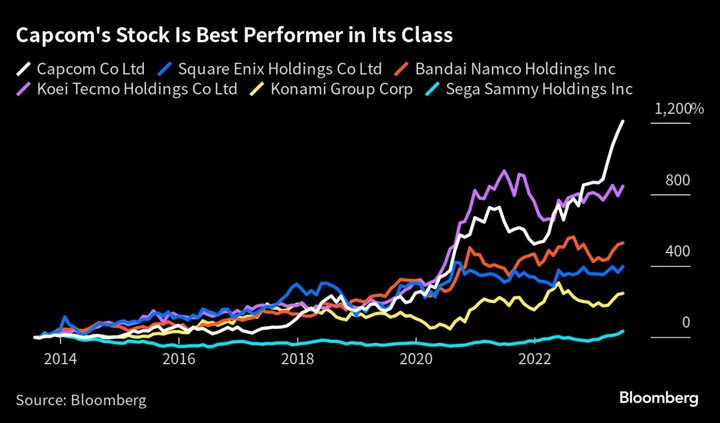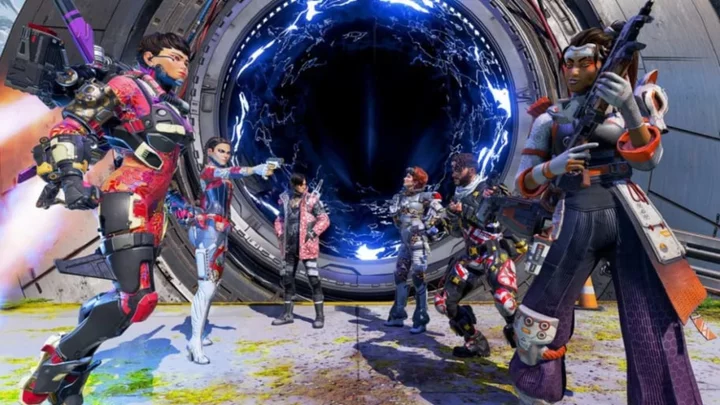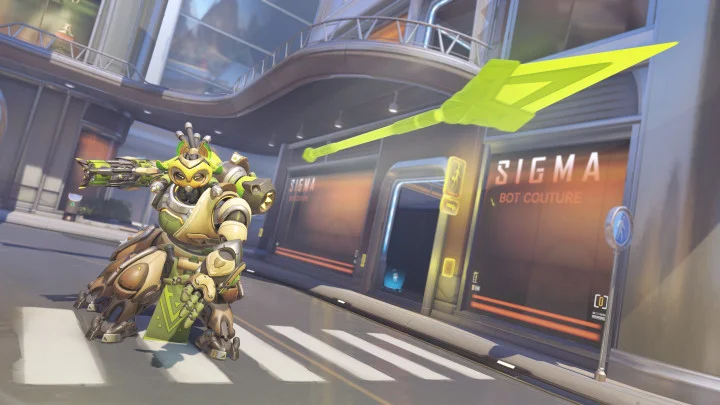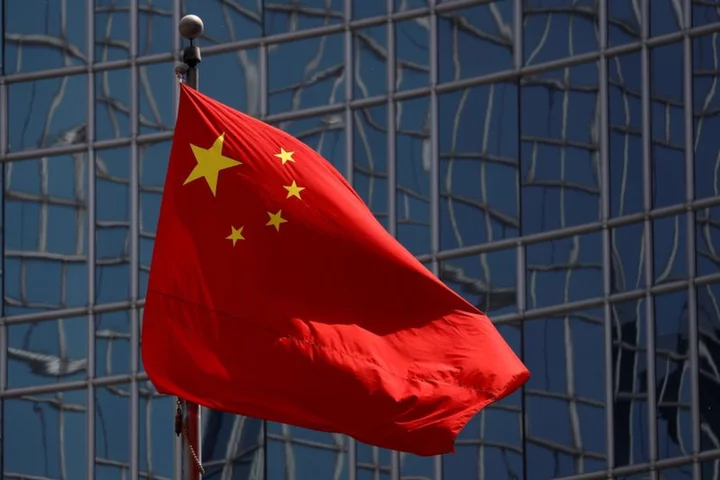While the gaming world fixates on the implications of a Microsoft-Activision deal and AI, a smaller player in their universe may deserve a closer look from investors.
Japanese game publisher Capcom Co.’s shares are up by a third this year, outpacing the broader Tokyo market and capping off a remarkable 1,200% surge over the past decade. That’s in part because the $11 billion company has punched well above its weight, spawning Hollywood franchises such as Resident Evil and Monster Hunter.
The rally means Capcom, which reports earnings Wednesday, is trading at valuations well in excess of many of its biggest rivals from Konami Group Corp. to Bandai Namco Holdings Inc. It’s doing so despite lagging peers in the smartphone gaming arena, which now makes up half the industry’s sales. Of analysts covering the company, 7 rate it a hold and 10 a buy, with one sell.
Capcom is somewhat of an oddity in the $200 billion gaming industry. About 70% of its sales come from games released in the previous fiscal year or earlier, an unusually high proportion for an industry typically driven by new content, art and adventures. That’s helped the Osaka-based firm break the cycle of earnings volatility that depends on big new releases by capitalizing heavily on its back catalog of games, analysts said.
Tapping underserved and developing markets, such as Brazil, Saudi Arabia and Turkey, with heavily discounted classic games has paid off. The profit margin on a $10 sale of an old game is effectively 100%, as all development costs have already been accounted for in earlier years.
“Capcom has an extremely high operating profit margin and ROI which you can’t really find elsewhere, even outside Japan,” UBS Securities analyst Kenji Fukuyama said. Its gross margin is consistently better than peers, with last year’s 58.6% mark overshadowing Square Enix Holdings Co. (51.2%), Konami (38.9%) and Bandai Namco (37.2%).
The firm sells software in 230 countries and regions, by far the largest number among Japanese publishers, according to Toyo Securities analyst Hideki Yasuda. It’s set a goal of selling 100 million copies per year, from the 41.7 million mark it set in the fiscal year ended March.
Capcom was early to convert its older console hits into digital downloads for PCs, and that’s helped it realize the lucrative strategy it relies on today, Fukuyama said. It’s also helped smooth out the massive swings in profits that business models relying on a constant flow of major new hits produce, making Capcom an investor darling.
The stock is now the priciest in its peer group, when comparing enterprise value to earnings, but investors can’t find an off-ramp when growth has been so remarkably consistent, Citigroup Global Markets Japan Inc. analyst Junko Yamamura said. The company grew its operating profit for the tenth straight year in March, reporting an 18% rise to ¥50.8 billion ($360 million).
“The company’s business model focused on selling older games has lengthened the lifetime of each game and that cut back on investors taking profits upon new game releases, a behavior common for this industry,” said Yamamura, who set a target share price of ¥6,400, versus the current ¥5,683. Capcom’s stable of homegrown creators and engineering talent is another major asset in a chronically short-staffed industry, she added.
One vulnerability for the company, however, is the advancing age of its 82-year-old founder, Kenzo Tsujimoto, who is considered vital for its success. His foresight is largely to credit for Capcom’s pioneering strategy, according to Toyo’s Yasuda.
Read more: New Monster Hunter Adds to Capcom’s Four-Year Climb
The other challenge for Capcom is breaking through in the mobile arena. The global smartphones games market brought in $91.8 billion in revenue in 2022, far ahead of gaming consoles and PCs, according to data tracker Newzoo. Capcom may take a step toward improving its paltry share with the closely-watched release in September of Monster Hunter Now, a game developed with Pokémon Go creator Niantic Inc.
The company’s recent games pipeline has scored well on reviews aggregator Metacritic, a site that gives a weighted average of game critics’ reviews: Ghost Trick: Phantom Detective got 90 on PC, Street Fighter 6 scored 92 and the Resident Evil 4 remake was at 93.
But the key to its sustained success remains in the consistent output it’s getting from its portfolio of classics.
“Capcom’s focus on high-quality game production, back catalog monetization, multiplatform publishing and internationalization of its workforce in Osaka turned it into a rocket ship within a matter of years,” said industry analyst Serkan Toto.









